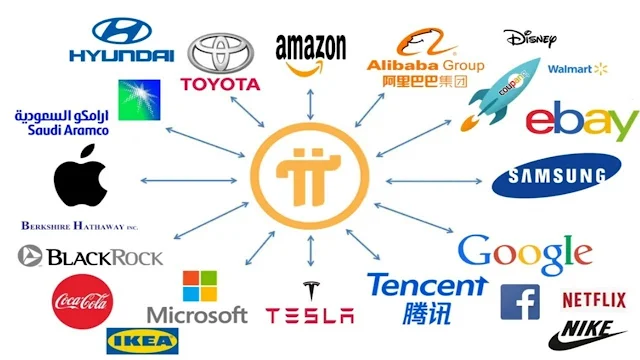Utility Program Development in the Raspberry Pi Ecosystem: The Key to Success and Quality - hokanews
hokanews.com - In the ever-evolving modern era, the Raspberry Pi has emerged as one of the most important and interesting platforms for utility program development. With the incredible computing power available in these devices, developers can design applications that are high quality and useful for end users. However, keep in mind that success in application development in the Raspberry Pi ecosystem cannot be achieved easily.
Before we discuss the keys to success in Raspberry Pi application development, let's understand the Raspberry Pi ecosystem in more depth. Raspberry Pi is a small Linux-based computer that has various models with different specifications. This allows developers to choose the model that best suits their project needs. For example, the Raspberry Pi 4 offers excellent performance, while the Raspberry Pi Zero W is perfect for projects that require small size and low power consumption.
One of the Raspberry Pi's greatest features is its compatibility with various Linux operating systems and programming languages. With Linux as the operating system, developers have access to a variety of powerful development tools and a large community.
Important Steps in Utility Program Development on Raspberry Pi
The first step to success in developing utility programs on Raspberry Pi is careful planning. You need to have a clear understanding of what you want to achieve with your application. Also consider who your target users are. Are you developing an app for home users or for a specific industry?
Raspberry Pi supports a variety of programming languages, including Python, C++, and Java. Choose the programming language that best suits your project and improve your skills in that language.
Application design is an important stage in development. Make sure the user interface (UI) is easy to use and intuitive. Plan the software architecture well to ensure good performance and scalability.
Raspberry Pi requires a proper development environment. Make sure you have enough hardware to develop and test your application. Also, consider using a development tool such as Raspberry Pi Imager to flash a suitable operating system.
Application Quality and User Satisfaction
Application quality is the main factor that will determine your success. Raspberry Pi users tend to expect applications that work well and don't experience problems.
Always perform comprehensive testing on your applications. Make sure your application can run well on different Raspberry Pi models and different operating systems.
Make sure your application has good and stable performance. If your app runs slowly or crashes frequently, users will be disappointed.
Security is an important aspect of application development. Make sure you understand and implement good security practices.
Once your app is released, make sure to provide regular maintenance and software updates. This will help fix bugs and improve your app's functionality over time.
Distribution and Support
Choose the distribution model that best suits your application. Do you want to sell your app, open source it, or provide it as a service?
Don't forget the importance of providing good customer support. Respond to user questions and concerns quickly and efficiently.
Developing utility programs in the Raspberry Pi ecosystem is an interesting challenge. To achieve success, you need to go through a series of thoughtful steps, focus on quality, and provide good support to your users. Remember that patience and commitment to quality are the main keys to success in Raspberry Pi development.
By understanding the Raspberry Pi ecosystem, taking the right steps, and prioritizing quality, you'll be able to build applications that Raspberry Pi users around the world will love and benefit from. Raspberry Pi is not just a device, but also a powerful tool to realize your creative ideas and come up with useful solutions. We hope this article provides useful insights for developers interested in developing utility programs on the Raspberry Pi. Success on your journey!
Source Twitter @PiNewsMedia



